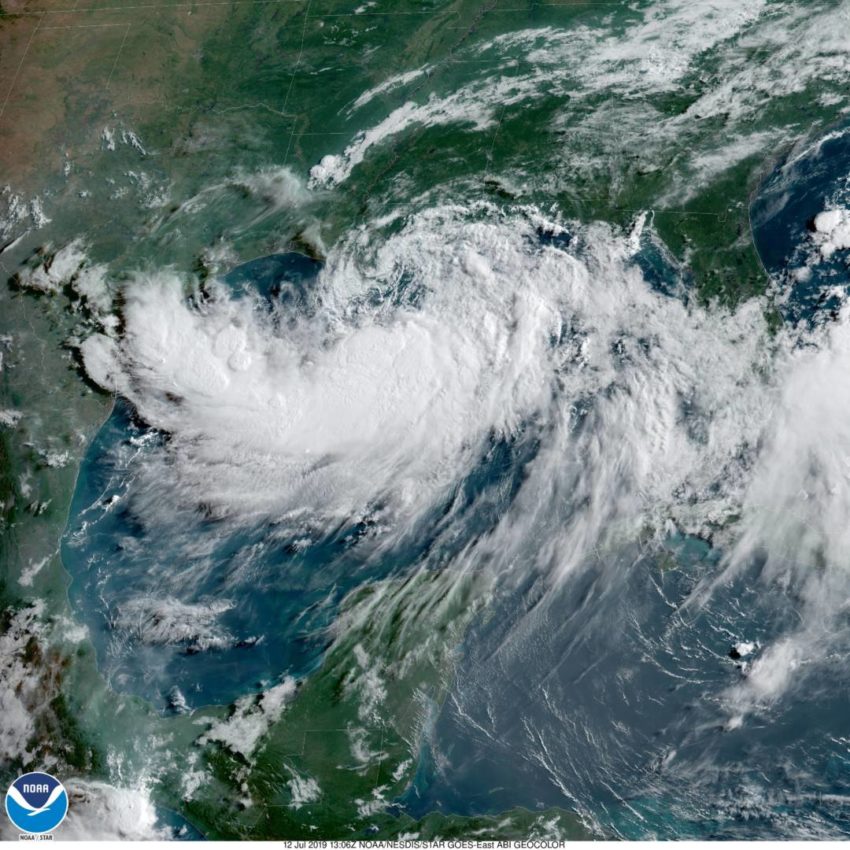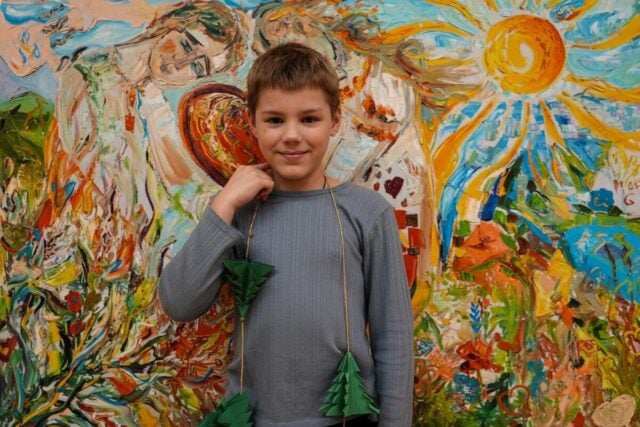Hurricane Barry, the second named storm of the 2019 Atlantic hurricane season, made landfall on the central Louisiana coast on July 13, 2019. Barry briefly intensified into a Category 1 hurricane with winds reaching 75 mph before weakening into a tropical storm. While Barry spared New Orleans, much of southern Louisiana faced significant flooding due to persistent rain and swollen rivers.
As the storm moved north, it brought 3 to 5 inches of rain to eastern Arkansas, western Tennessee, and parts of Missouri and Mississippi. Barry was part of a trend where tropical storms had formed before the official start of the hurricane season, marking the fifth year this occurred, with Subtropical Storm Andrea having developed in May.
Hurricane Barry: Facts, FAQs, and how to help
- Fast facts: Hurricane Barry
- Where did Hurricane Barry make landfall?
- What category was Hurricane Barry?
- What did World Vision do to help impacted communities?
- How does World Vision respond to emergencies in the U.S.?
- How can I help families affected by emergencies like Hurricane Barry?
Fast facts: Hurricane Barry
- Barry formed on July 11, 2019, in the Gulf of Mexico and made landfall in Louisiana on July 13, 2019.
- The hurricane reached peak winds of 75 mph and was classified as a Category 1 hurricane.
- Barry made landfall as the second hurricane during 2019 the Atlantic hurricane season, which ran from June 1 to November 30, 2019.
Where did Hurricane Barry make landfall?
Hurricane Barry made landfall on the central Louisiana coast, approximately 12 miles east-southeast of Pecan Island on July 13, 2019, according to the National Oceanic and Atmospheric Administration (NOAA).
What category was Hurricane Barry?
Hurricane Barry briefly intensified into a Category 1 hurricane, with sustained winds reaching 75 mph, before making landfall on July 13, 2019.
Learn more about hurricanes and understand their severity based on their categories.
What did World Vision do to help impacted communities?
The World Vision Storehouse in Dallas shipped a semitruck loaded with disaster relief supplies to our partner Hosanna Fellowship Church of Gretna, Louisiana. The shipment included essential items like food, clean water, flood muck-out kits, hygiene kits, cleaning supplies, diapers, and temporary shelter items, such as tarps, tents, and air mattresses.
Together with local churches and officials, Hosanna Fellowship distributed the relief supplies to Plaquemines Parish and the town of Lafitte in Jefferson Parish, areas that were severely impacted by the storm.
How does World Vision respond to emergencies in the U.S.?
World Vision is always ready to respond to disasters, both globally and in the U.S. These include hurricanes, floods, droughts, earthquakes, conflicts, and refugee crises.
In the U.S., after devastating hurricanes and natural disasters, World Vision acts quickly, drawing on decades of experience. Our nationwide network includes seven strategically placed and fully staffed World Vision Storehouses, stocked with prepositioned supplies ready for rapid delivery.
We work closely with over 3,600 U.S. partners, churches, and local agencies to assess needs, evaluate damage, and distribute essential supplies, focusing on the hardest-hit areas where help is most needed. Beyond immediate relief, we commit to long-term recovery, supporting families, churches, and communities as they rebuild. While aiding affected communities, we invite Pastor Ambassadors to join our efforts, offering guidance, prayers, and mentorship.


